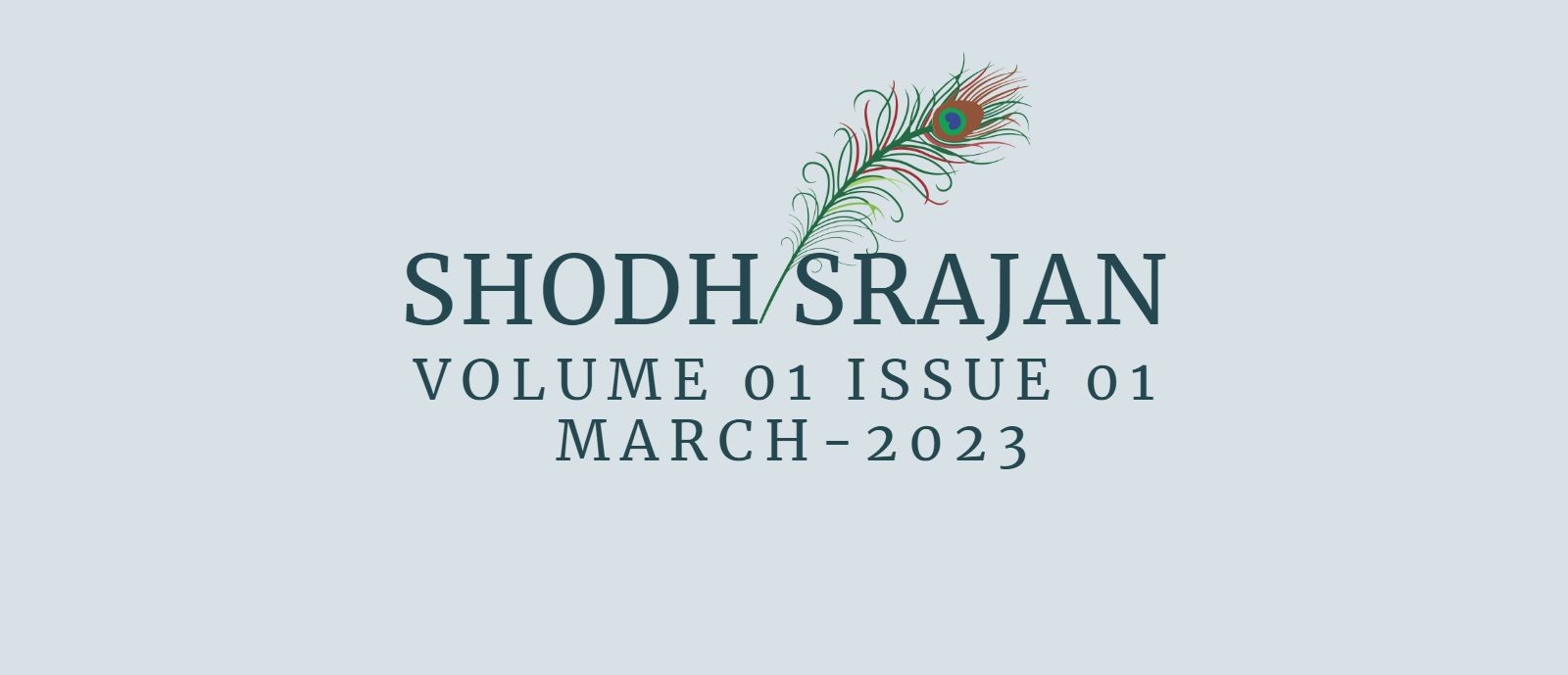
1. A Study of Organizational Citizenship Behavior, Its Opportunity and Challenges
Dharmendra yadav
Abstract The study of organisational civic behaviour first became known in the late 1970s. Organizational citizenship behaviour (OCB), a concept from psychology in the workplace, is a person's voluntary commitment to a company or sector that is separate from the responsibilities that are contractually required of them. Organizational Citizenship Behavior (OCB) refers to actions taken by people in general that are advantageous to organisations in particular. For the organisation to perform better in the current competitive environment, immediate behaviours that address the needs of unforeseen situations are crucial. Co-workers engage in interpersonal citizenship behaviour when they go beyond the call of duty to help one another in a way that ultimately improves group and organisational functioning while also improving individual job performance. Employees that engage in organisational citizenship behaviours show that they feel more or completely in charge of the work they do and how they do it. Employees have the choice of what they want to devote more time to and how they want to go about achieving it. A person of an organisation's psychology towards his or her attachment to the company they work for is described as having an organisational commitment. The degree to which employees believe they must remain with their company is referred to as their continuity commitment or citizenship. An employee that is consistently devoted to the organisation does so because they need to continue working there.

